
Polarized Training Pathway
In collaboration with Dr. Stephen Seiler, the “father of polarized training,” we have curated everything you need to know about the 80/20 training method.
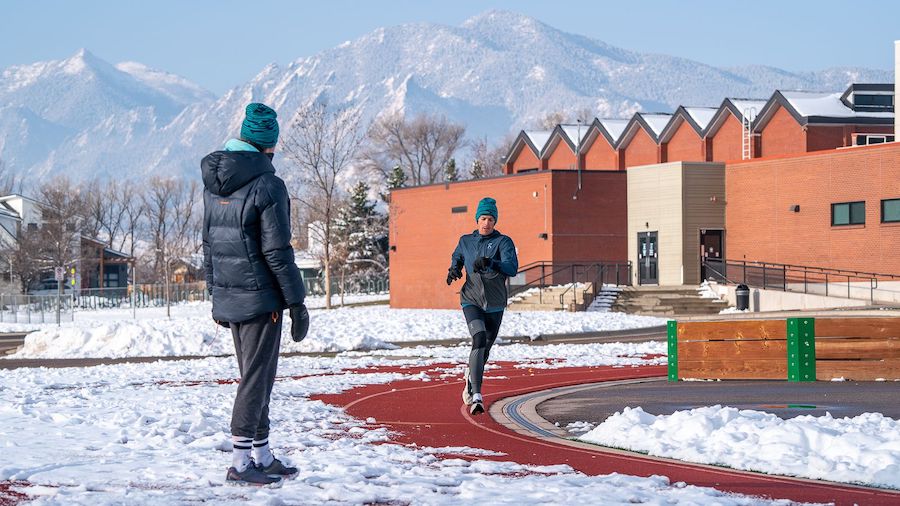
Coaching endurance athletes is an art, a science, and a craft.
We offer this selection of coaching-related articles, videos, workshops, and guides to help coaches begin to explore the support available for coaches through Fast Talk Labs.
Contact us with your questions, clarifications, or requests at coaches@fasttalklabs.com.

In collaboration with Dr. Stephen Seiler, the “father of polarized training,” we have curated everything you need to know about the 80/20 training method.
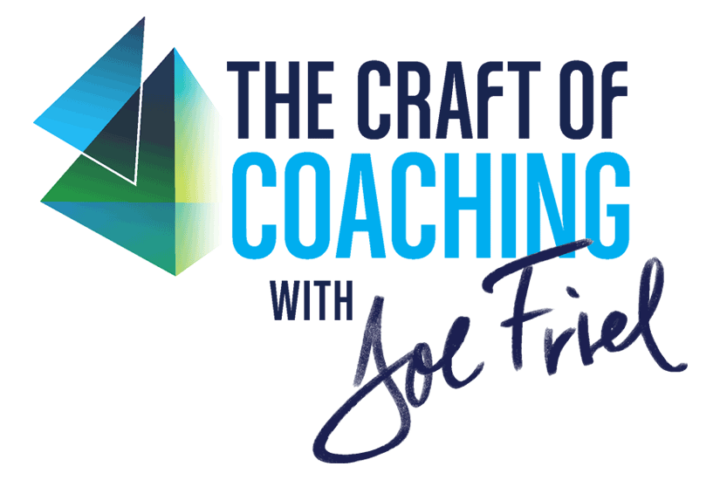
The Craft of Coaching is Joe Friel’s ultimate guide to becoming a better, more successful, and happier coach.
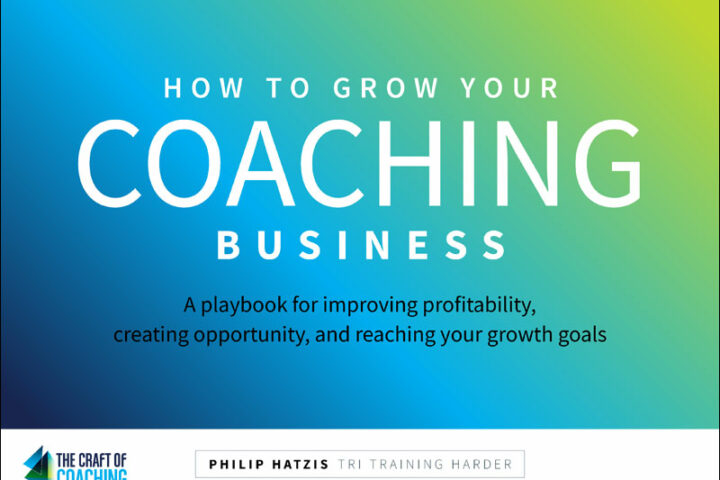
These Playbooks are free downloads that augment the useful content in The Craft of Coaching with Joe Friel through deeper dives into specific aspects of coaching.

Learn advanced data analysis for cycling, triathlon, and running workouts and races. With new data analysis tools, you can make better decisions about your training.
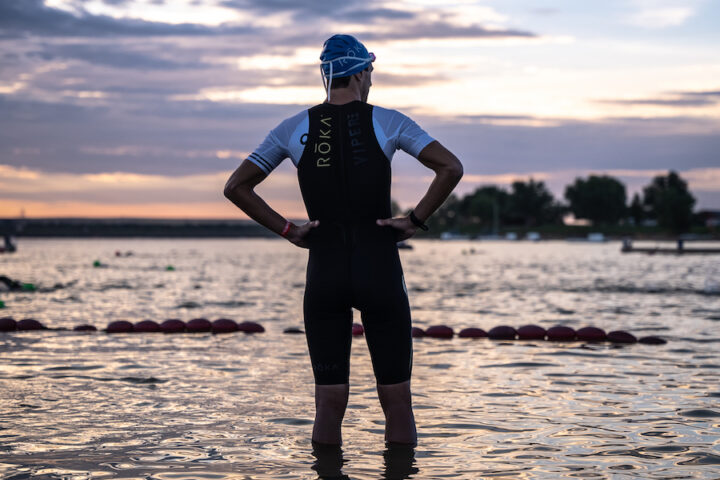
Motivation is key to the performance psychology puzzle, dependent on fundamental human needs. If those needs are not met, an athlete’s passion for sport and their self-esteem can suffer.

Coaches include some components of psychological and social development in an athlete’s preparation. But do you know why and how it works?
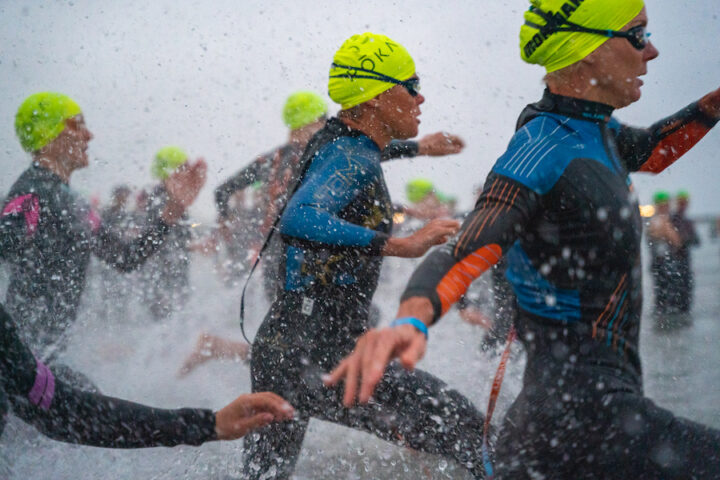
We are products of our social, mental, and biological processes, but what does this mean for coaches and athletes? Andy Kirkland explains how to adjust training for better results.

Sport psychology is proving to be just as important—if not more so—than physiology, but how do you incorporate it into your coaching for the benefit of you and your athletes?
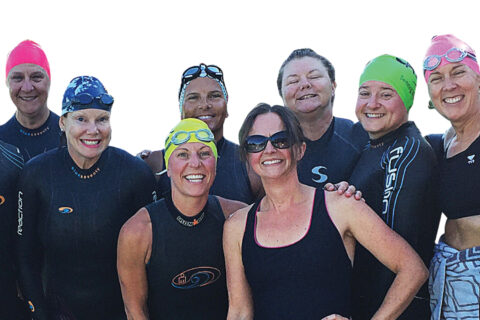
Every athlete is a study of one, presenting different limitations and strengths. The best coaches are able to identify these differences and adapt their style and strategy to meet the unique needs of every athlete.
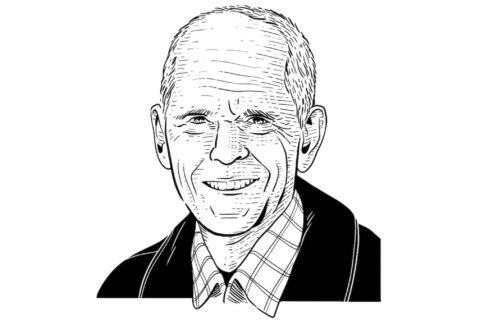
He’s coached some of the biggest names in distance running and underpinning a large amount of his success was his capability to be versatile.
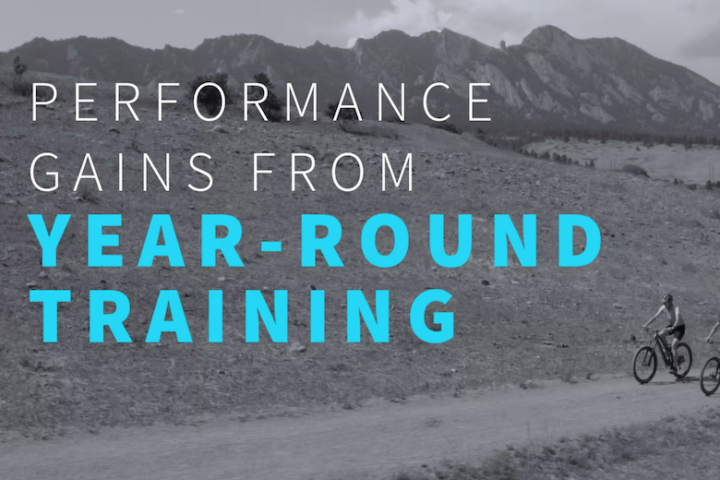
Coach Julie Young describes the performance improvements made when one of her athletes switched to a year-round training program.
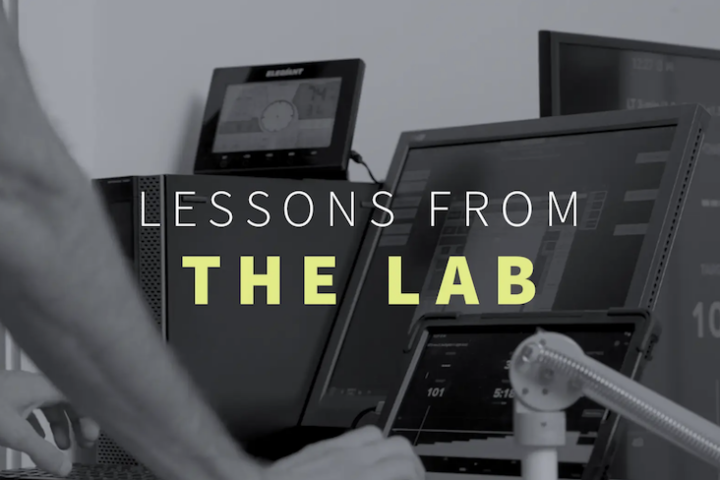
The lab simplifies the path forward for the athlete, showing how the body is responding to training and taking us back to the basics.
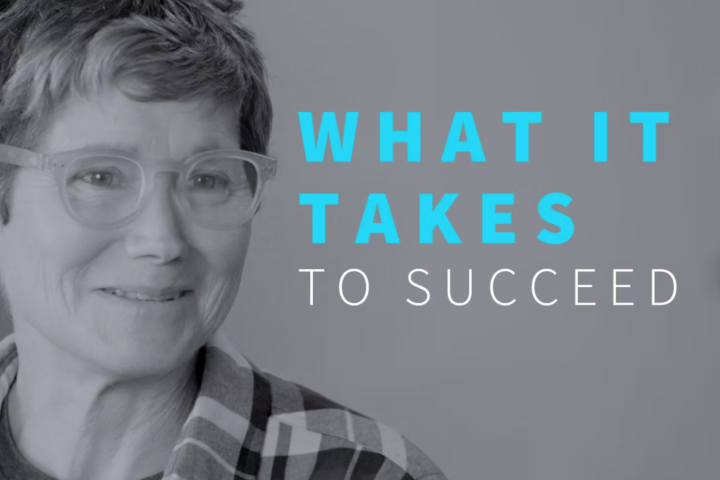
To achieve a top performance an athlete must be both physically and mentally prepared. It’s the mental piece that can be the toughest to coach.
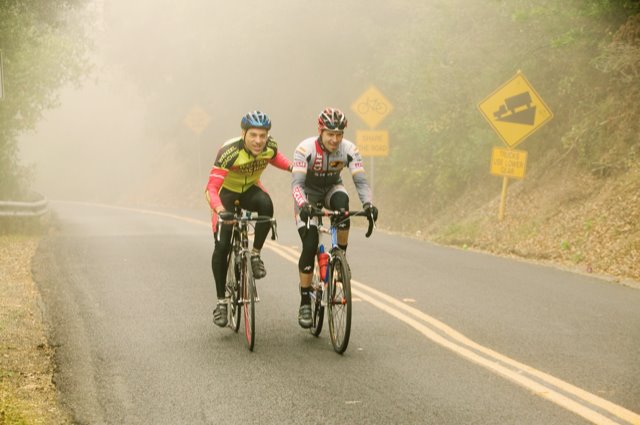
Coach Scott Saifer discusses what it takes to work with athletes who might lack ability or motivation, or both.
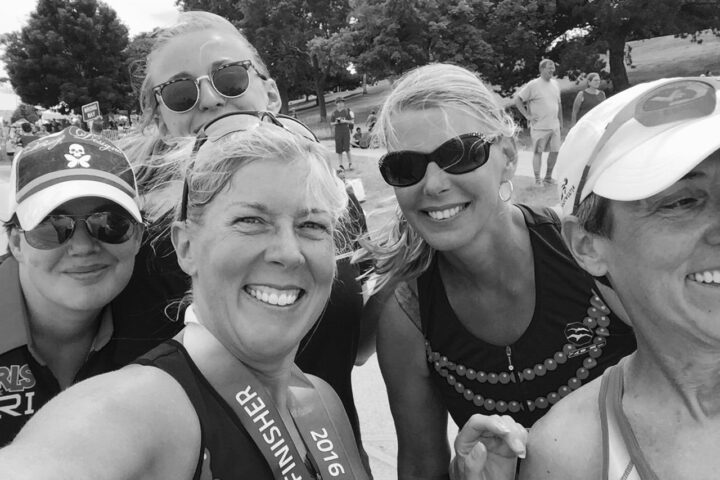
By coaching athletes of all levels and aspirations, Christine Schirtzinger has learned how to build a better business—and be a better coach.
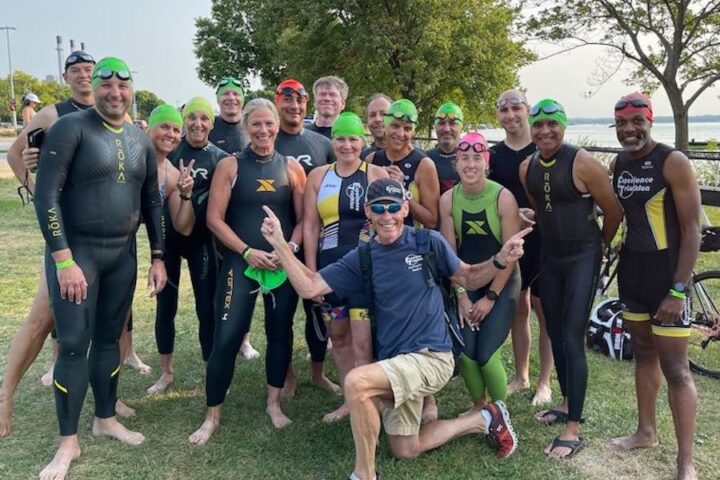
Whether it’s the last person to cross the finish line or the ones standing on the podium, Coach Joe LoPresto believes all athletes are more alike than different.
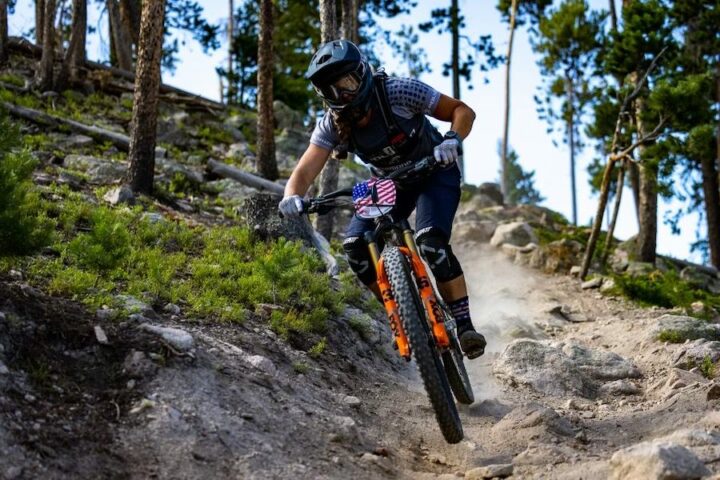
Every coach wants to work with athletes who possess both talent and motivation in spades. In reality, your clients are probably lacking in one or the other. Consider how your coaching style might be suited to a particular athlete type, and whether your client list reflects this.
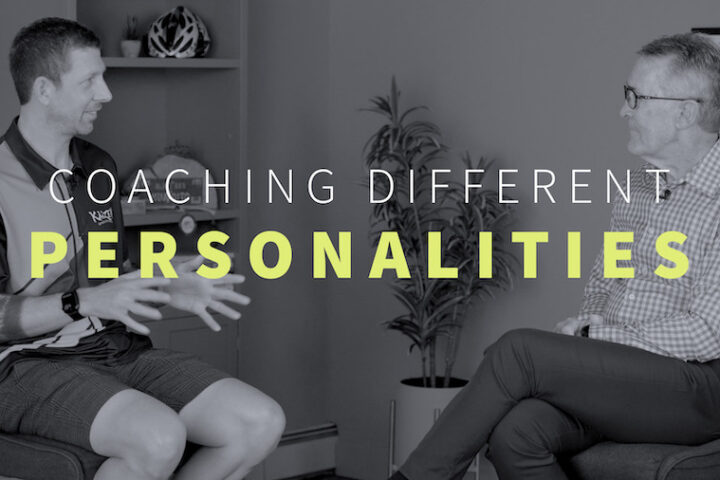
How does an athlete’s personality affect how you write their training plans and give feedback? It can be far more varied than you might realize.

Coach Dave Schell talks with Joe Friel about how he gets buy-in from athletes, and creates a dynamic, athlete-centric training plan specific to their individual needs.
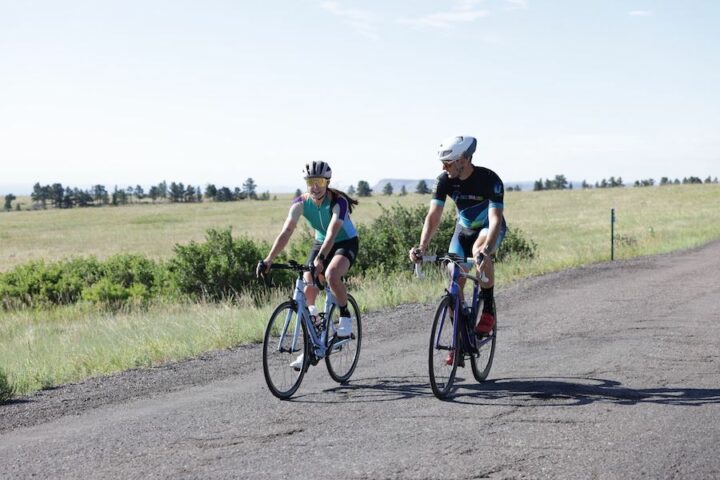
As a coach, you are in the business of addressing the weaknesses that stand in the way of the athlete’s goal. Because every athlete is unique, no two plans should ever be the same.
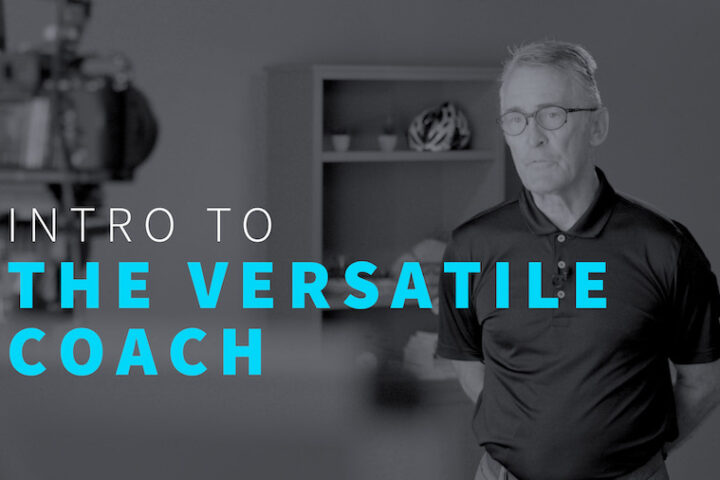
Learn from Joe Friel and a handful of master coaches on how to become a more versatile coach, adapting training to the needs of each athlete you work with—from novice to elite.
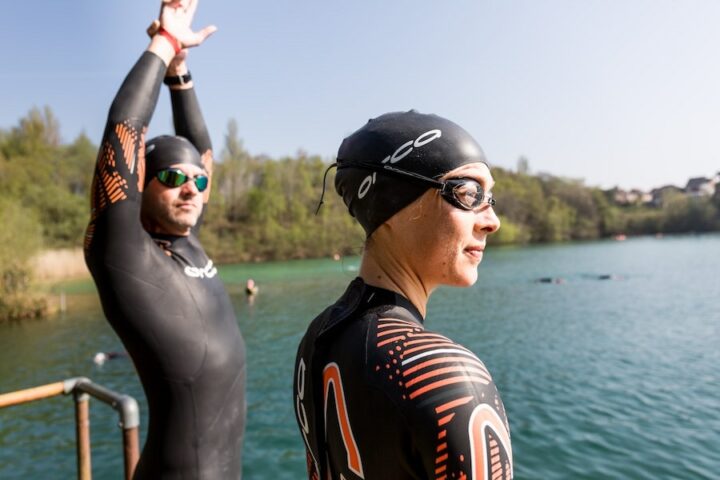
What does polarized training look like for triathletes? Find out with coach Ryan Bolton’s tri-specific swim and run workouts.